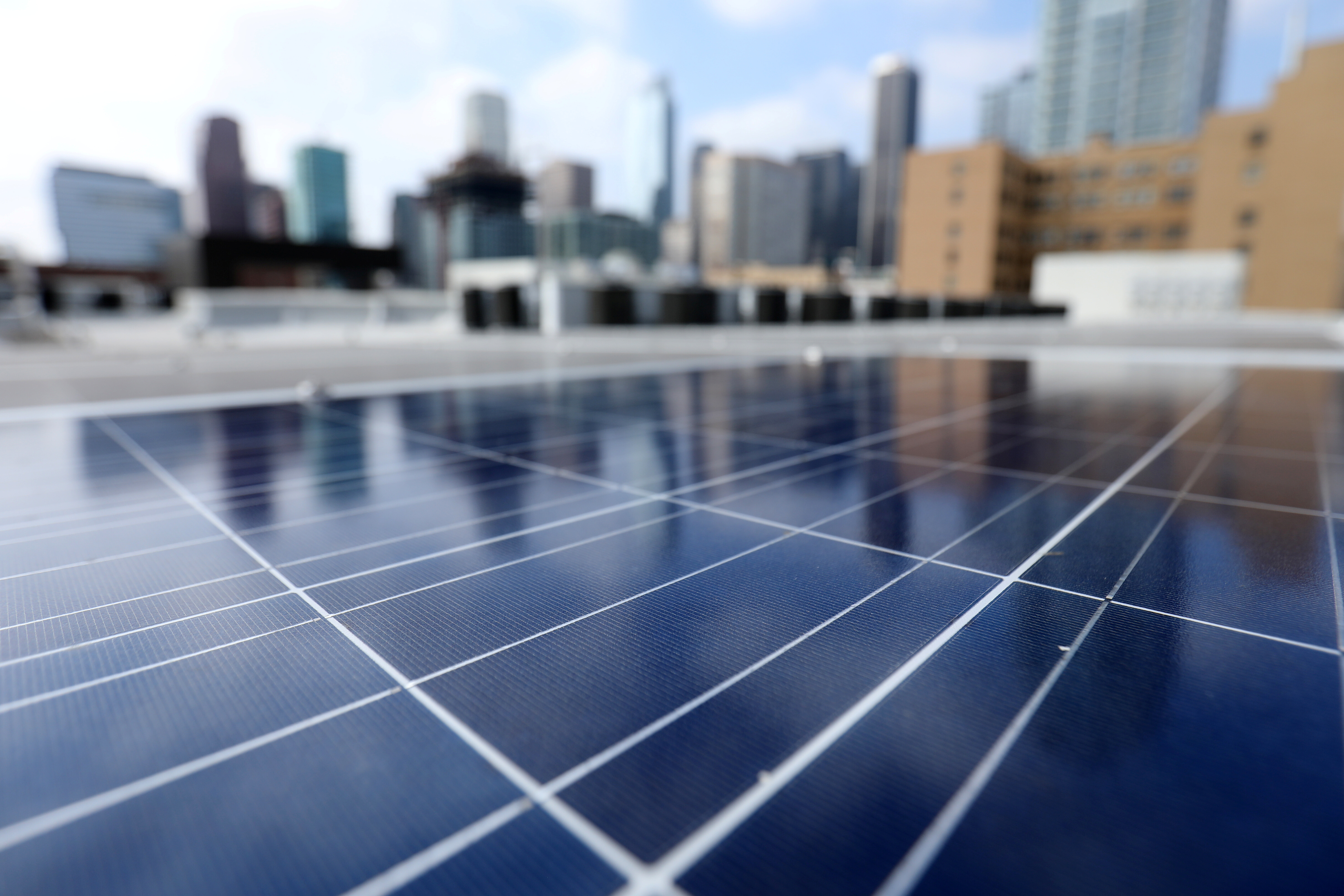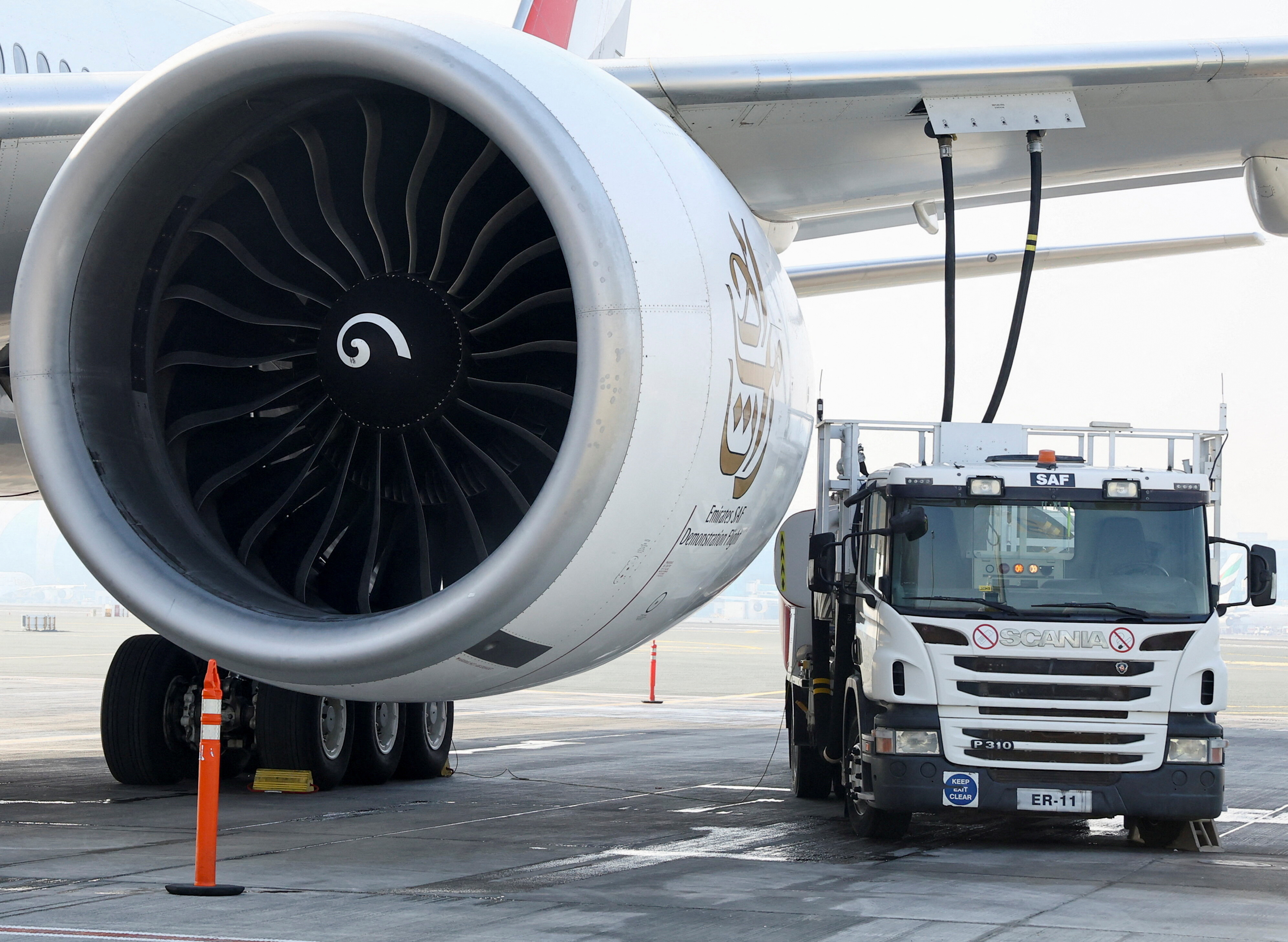How Tanzania is bringing power to its rural villages

Entrepreneurs bring electricity to first time users in villages while an energy giant lights up a nation
Willem Nolens’ moment of revelation came when he retreated to a monastery in the Netherlands to study for an exam. “I suddenly realized I had a privileged life and felt the need to do something useful,” he recently told me over breakfast in Nairobi. Today he lives in Uganda and runs SolarNow, a company that sells affordable solar solution for homes in remote locations, along with appliances that can be plugged into the new energy source.
Gaining customer trust and changing staff attitude
“Changing mindsets is our biggest challenge. Villagers distrust solar solutions because they have been sold cheap products that don’t last long, or they’ve bought appliances and haven’t been taught to use them properly. We’ve had over 50 TV sets returned because people don’t know how to insert the DVDs. They just keep pushing in more discs until the appliance breaks. We need to train our staff to be more service minded. They can’t just drop off the appliance; they need to make sure the family knows how to use it! We should produce soap operas that show families using solar technology,” he adds jokingly.
A solar set from his company costs 200 US$. People pay in installments.“Buying on credit is good for us and the customer. They know they’ll keep getting service, and we know we’ll keep getting paid.”
Real clouds over the village
In Tanzania, Devergy sets up solar towers serving clusters of 10 households. “We service 900 households, all on smart meters and a smart grid that runs in the Cloud,” says Fabio De Pascale, the company’s CEO.
The first step is to get the blessing from village elders. “We do a lot of demos; show people how everything works. Our package includes the power, fnancing, service and warranty, as well as low energy appliances manufactured in Asia that are built to run efficiently. The consumption of a household increases gradually as they can afford to buy more appliances. Smart meters enable us to beef up the grid to seamlessly support increase in usage,” he explains.
People buy prepaid deals per day, week or month. Devergy communicates through campaigns, for example, when they go into ‘cloud mode’ during the rainy season and ask people to limit energy use.
Home delivery in the bush
In the developed world, energy companies outsource everything not directly related to the business. With no one to outsource to in remote areas, Devergy has to build up its own supply chain and rely on locals to get the job done.
“We have a massive network around the country and do daily deliveries on local buses. The bus driver drops off the appliance at the village and notifies the local shopkeeper to pick it up. The shopkeeper then notifies our agent via smartphone who delivers it to the customer!”
Powering people for better lives
In the meantime, Kenya Power is meeting the energy needs of homes and businesses all over East Africa’s largest nation. “Currently, 35 percent of Kenya’s residents have access to power,” says Samuel Ndirangu, General Manger, ICT, Kenya Power. “Our goal is to achieve universal access by 2020. That means we must increase capacity six times in four years. We are exploring all options from hydro and geothermal to wind and fossil fuels. Our three key challenges are availability, reliability and affordability.”
When asked what it takes to forge ahead, Samuel smiles mysteriously. “The person who has travelled the least believes his mother is the best cook! Clearly, we must leave our comfort zone to benefit from the fast pace of technology innovation. The range of options is increasing daily. Anyone in a remote location can take a photo of a damaged electric pole and send it to us. From smart meters to social media, everything is changing. We must enable our field force. We must service our customers and staff anywhere, on any device. These are our challenges!”
With pioneers like Samuel, Willem, and Fabio tackling these issues, there will be energy options for everyone in East Africa!
SolarNow has been selected for the SAP Social Entrepreneur Fellowship program which helps promote job creation and drive technology innovation in alignment with the SAP Skills for Africa initiative; Devergy was among the finalists for the fellowship.
This article is published in collaboration with The SAP Community Network. Publication does not imply endorsement of views by the World Economic Forum.
To keep up with the Agenda subscribe to our weekly newsletter.
Author: Judith Magyar is a writer at The SAP Community Network.
Image: A prototype sun tracking solar panel is seen. REUTERS/Mike Blake.
Don't miss any update on this topic
Create a free account and access your personalized content collection with our latest publications and analyses.
License and Republishing
World Economic Forum articles may be republished in accordance with the Creative Commons Attribution-NonCommercial-NoDerivatives 4.0 International Public License, and in accordance with our Terms of Use.
The views expressed in this article are those of the author alone and not the World Economic Forum.
Stay up to date:
Tanzania
Related topics:
Forum Stories newsletter
Bringing you weekly curated insights and analysis on the global issues that matter.
More on Energy TransitionSee all
Noelia Garcia Nebra
November 18, 2025






